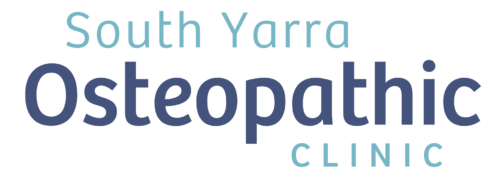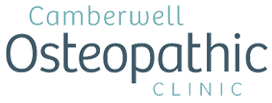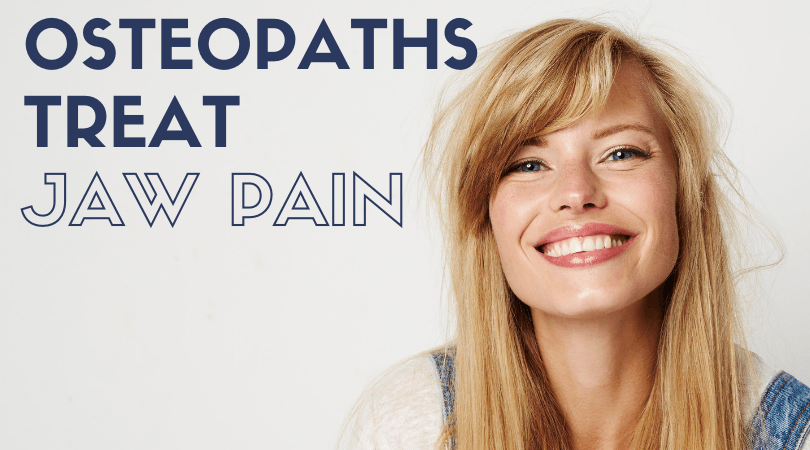
Do you wake up with a sore jaw in the morning? Do you feel the constant need to stretch your jaw? Has your dentist told you your teeth are wearing thin? Does your jaw click when eating dense food? Then you may suffer from Bruxism or “teeth grinding” which can present as jaw pain, neck pain or headaches.
Teeth grinding occurs when there is an involuntary over-activation of the jaw muscles causing excessive grinding of the teeth. This can occur when you are awake/conscious (Diurnal Bruxism) or when you sleep (nocturnal bruxism). In some cases, people’s bruxism is so loud it can wake their partner sleeping beside them!
There is thought to be many causes of bruxism, such as neurological disorders, side effects from drugs and most discussed, stress. Both acute attacks of stress and long-term anxiety can both result in bruxism.
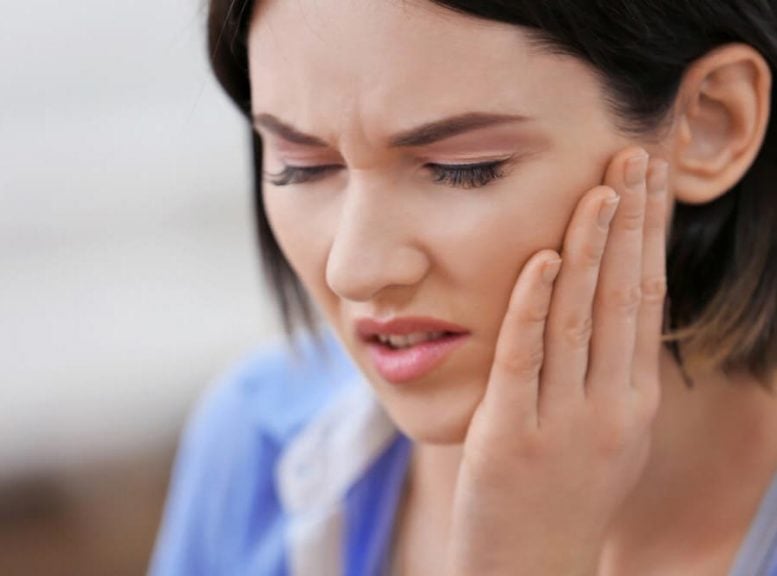
There are some simple ways you can help to reduce your bruxism today:
Sleep hygiene: Developing a good sleeping routine is important for a restful sleep and to potentially reduce bruxism. “Winding down” for the day is a good way to reduce muscle tension throughout the entire body including the jaw and neck.
Pillow quality: Having a pillow that adequately supports the natural curvature in our neck allows our neck and head to be in a completely rested state while we sleep. A pillow that is too high or too low can lead to imbalances from left to right in the muscle tension in a subconscious state.
Stress Management: Managing our stress levels is an essential part of reducing bruxism. Day to day stress management may include a daily mediation session, yoga or just taking a bit of “me time”. If you feel your daily stress is increasing or has been continuing for a prolonged period, speaking to a professional psychologist or counsellor may help with stress management.
Dentist: Visiting your local dentist is a good way to manage the side effects of bruxism. Your dentist may fit you for a night guard to protect your teeth from wearing down while you sleep, which also may act as a splint- reducing the muscle activity of the jaw.
Medical Interventions: In some severe cases, anti-anxiety medication can be prescribed by your GP to help with prolonged periods of stress or anxiety and therefore reduce bruxism. More recently small doses of Botox have been used in the jaw muscles to reduce the resting tension and decrease the muscle mass that can build from chronic bruxism. It is important to note that your local beauty therapist cannot apply this therapy. Botox intervention needs to be addressed by your dentist or medical practitioner with the appropriate qualifications.
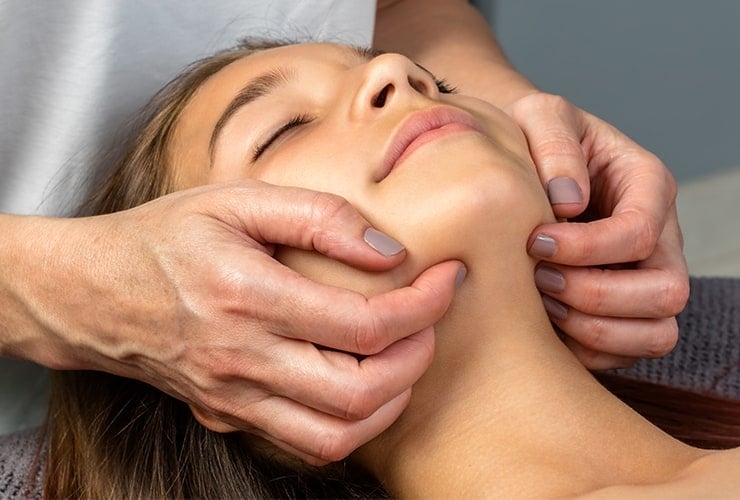
Osteopathy: Seeing your local osteopath can help to reduce symptoms and side effects of jaw clenching and teeth grinding. We’ll assess your jaw (TMJ), neck and shoulders as each of these areas can contribute to bruxism. Inter-oral techniques, which are very effective, may also be utilised to help alleviate jaw tightness and headache symptoms.
As Osteopaths we are experienced in assessing your posture; and will ascertain whether this is a factor in your jaw pain or grinding. We will also discuss your sleeping position and can make appropriate pillow recommendations. Lastly, we may also prescribe some massage techniques that you can do at home to help with those aches after waking up.
If you feel like you may suffer from bruxism or jaw pain, why not give us a call today and find out how we can help!
